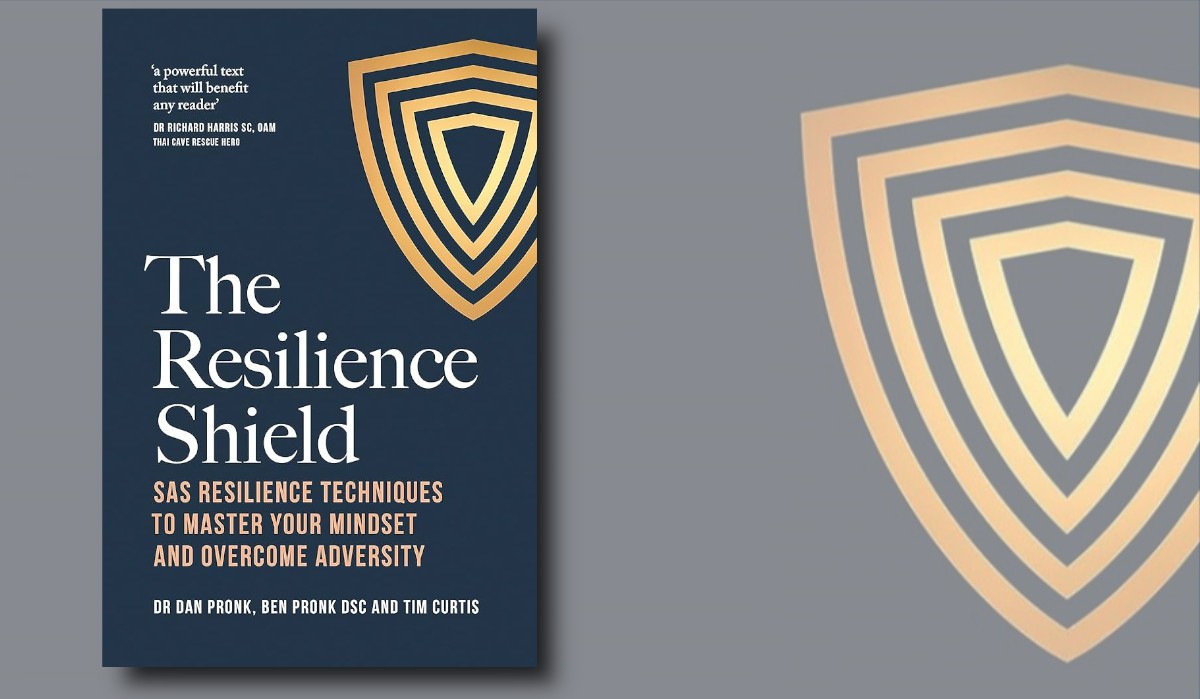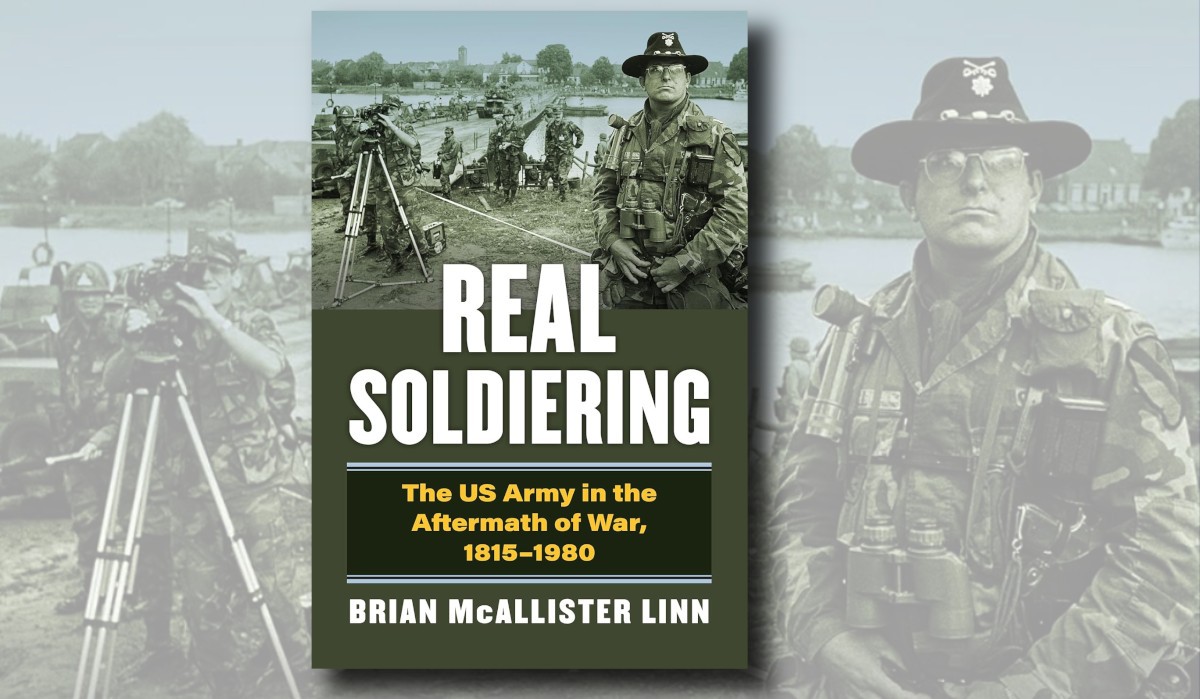In June 2019 at the École Militaire, Paris, a gathering of senior officers from 17 western nations, think tanks and industry representatives, pondered the need to change the Principles of War to ensure their relevance to 2035 and beyond. The conclusion of this esteemed symposium? Our enshrined, extant Principles of War will remain relevant to 2035 and beyond. Notwithstanding slight, esoteric variations in each representative military’s Principles of War, this conclusion was founded on a long-held, perhaps all-too-dearly-held, binary premise: the nature of war does not change, even if its character does. Thus, the ‘guiding light’ provided by our current Principles endures to 2035 and beyond.[1]
With utmost respect to those who gathered to ponder this issue in Paris, and to those in the pantheon of military thinking who defined them,[2] I argue the conference’s conclusion was wrong.
To be clear, I accept the premise that the nature of war is enduring, even if its character—and language—is ever-evolving (regrettably, nowadays, war’s character seems to be exclusively discussed in terms of emerging technology). I also acknowledge the need for military professionals to have access to Principles of War. However, I contend our current Principles of War reflect an obsolete way of fighting wars – and the way we fight wars is as important, if not more so, than war’s enduring nature or chameleon-like character.[3]
Our current Principles of War are unconnected, inappropriate and inapplicable to contemporary, and likely future, praxis of war. To remain relevant, they must be changed.
It would be a brave, perhaps foolhardy, soul who contended the nature of war, as defined by the likes of Clausewitz, had shifted after millennia of permanence. It is unlikely many would credibly contend that war, in all of its forms, no longer represents a clash of wills; politics by other means is uncertain, fractious and chaotic.
Similarly, it would be imprudent to argue that we should heed Lenin’s advice and do away with Principles of War altogether.[4] Like it or not, humans beings cleave to such metaphorical anchors—in both war and life. It appears we need such waypoints to help us make individual and collective sense of the inherent fog of war (and life). Executing warfare, at any level, compels a set of tenets, or guiding principles. Few would plausibly posit that warfare is the domain for ad hoc thinking. To quote Napoleon Bonaparte, which seems entirely appropriate given the inspiration for this blog, ‘get your principles straight, the rest is a matter of detail’.[5]
Acknowledging these admissions, our current Principles of War were conceived by brilliant, yet reflexive, analysis of an obsolete way of fighting wars—and how we fight wars is perhaps more important than its enduring nature and evolving character. After all, war is inanimate, neutral, with meaning only derived by how it is fought and won.
Clausewitz, Jomini and Foch’s Principles reflected on campaigns planned and executed by a singular soldier-statesman, such as Napoleon. The revered contributions by Fuller and Hart were nourished by the total war experienced during the First World War and the Second World War, respectively.
The way of warfare inspiring our current Principles of War are anachronisms, and have been thus since the end of the Second World War. Of course, such ways could re-emerge but that would compel a collapse in the West’s democratic system, a rupture in our precious occidental ‘who guards the guards’ dynamic, and/or another global conflict—all nightmarish scenarios. However, it does mean that the Principles of War we cleave to are unconnected, inappropriate and inapplicable to contemporary, and likely future, ways of war. We are falling into that age-old trap of ‘preparing to fight the last war’—or to borrow a popular sporting metaphor: ‘playing from an antiquated playbook.’
This incoherence may well explain why Western military forces have been demonstrably unsuccessful in achieving comprehensive victory in the post WW2 era. Indeed, many Western militaries are currently seeking to redefine what contemporary military victory actually looks like. One has suggested it simply means ‘don’t lose’…
It may also partly explain the gloomy prognostications of most contemporary Western militaries: declining comparative advantage; an increasingly competitive and complex environment in which strategic surprise, even in the form of the recently-unthinkable state-on-state conflict, is ever more likely; doubts over the effectiveness of the Western approach to war—and more broadly Western coercion and deterrence against Russian and Chinese ‘liminal’ warfare; and a long-standing inability to achieve comprehensive military victory.
To restore relevance, Western militaries need new Principles of War; ones that respect its enduring nature, but equally revere its ever evolving character, context and—most importantly—correspond with how it is now fought. As principles, they must guide military thinking and action, spanning all levels of command. As a starting point for further discussion, and in conclusion, the following are proposed:
- Understand. To perceive the meaning of; grasp the idea of; comprehend; to be thoroughly familiar with; apprehend clearly the character or nature of. Or, know, or at least seek to know, at all levels: one’s mission/purpose; ways and means available; actor identities, interests, motivations, capabilities, requirements and vulnerabilities.
- Coherence. To stick together; be united; hold fast, as parts of the same mass. Or, trust; shared purpose, resolve and conviction; common understanding enabling empowered execution.
- Initiative. An introductory step or act, leading action, readiness and ability to act. Or, seeking to gain/maintain in every context, adaptability, enabling greater freedom of action.
- Asymmetry (unashamedly plagiarised from the playbook of adversaries with whom we continue to struggle). Lack of symmetry or proportion. Or, concentrating ways and means to achieve ends disproportionate to the investment made and risk incurred. Arguably, this is the acme of manoeuvre—at all levels.
- Simplicity. Freedom from complexity, intricacy. Or, respecting Clausewitz’s immutable truth ‘everything in war is very simple, but the simplest thing is difficult’.[6] Perhaps reducing most Western military Principles of War by 50% is a positive step towards achieving this proposed Principle...
References:
- Centre de Reflexion Terre, ‘Les Principes de la Guerre en 2035,’ Forum International, 12-13 Juin 2019
- LWD 1.0, 2017
- Clee, Fabrice, ‘Searching for principles of war across the history of French military thinking, from Antiquity to the present day,’ Brennus 4.0, June 2019
- Clee, Fabrice, ‘The foundations of the operational decision-making culture in France,’ Brennus 4.0. June 2019-07-01
- M Howard and P Paret, 1984, ‘On War,’ Princeton University Press
- Fuller, JFC, 1923, The Reformation of War
- BL Hart, 1944, Thoughts on War
- BL Hart, 1954, Strategy
[1] Carl Von Clausewitz quoted in M Howard and P Paret, 1984, ‘On War,’ Princeton University Press
[2] Including: Carl Von Clausewitz, Antoine- Henri Jomini, Ferdinand Foch, JFC Fuller and Liddell Hart – and not forgetting Napoleon Bonaparte, Henry Lloyd, Mashal de Marmont, Ardant du Picq, von Bulow and others
[3] Clausewitz, ‘On War’
[4] Lenin described the idea as ‘absurd.’ VI Lenin, quoted in Makhmut Garayez, Frunze, Military Theorist, 1985.
[5] Napoleon 1769-1821.
[6] Clausewitz, ‘On War’




